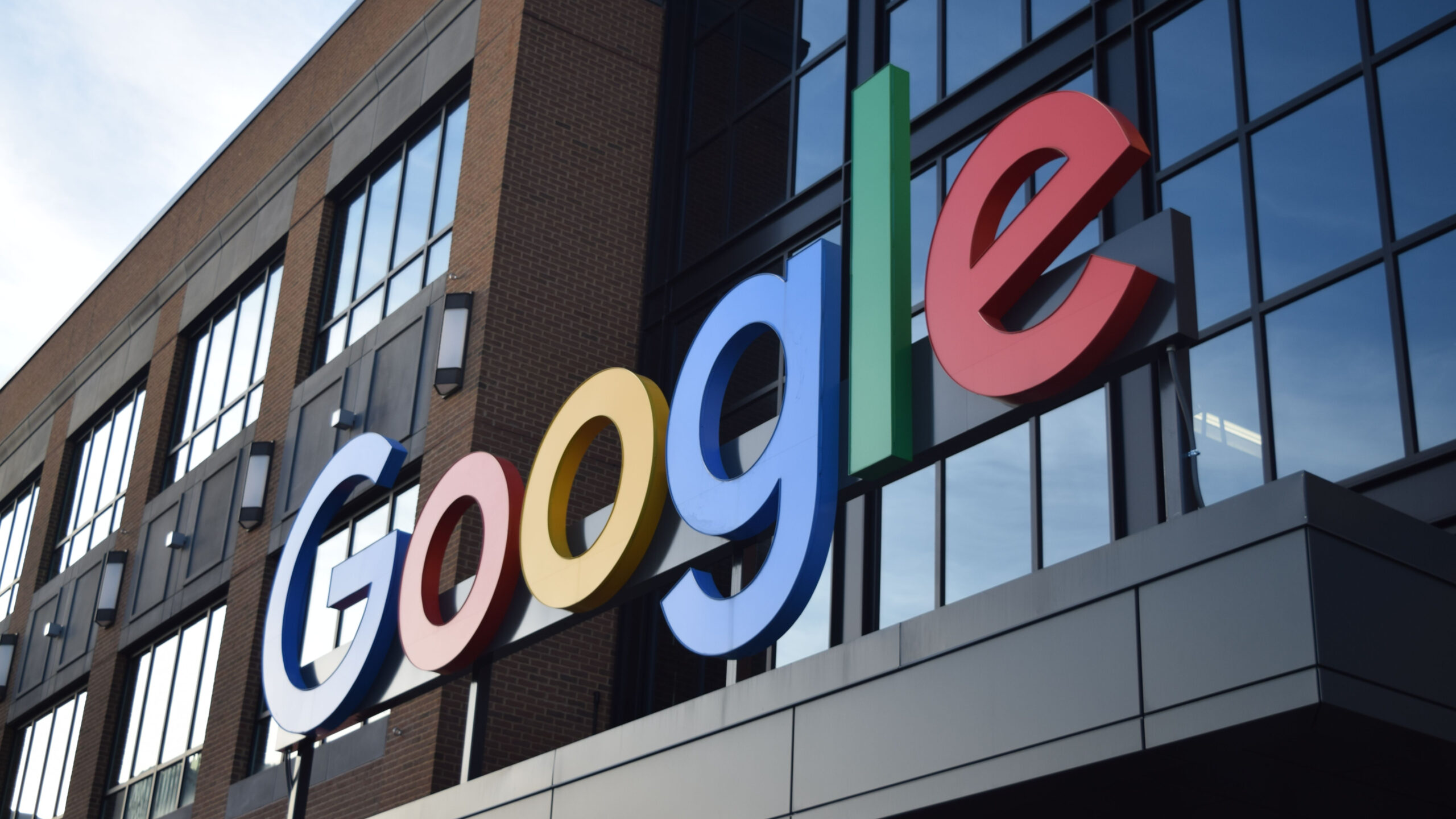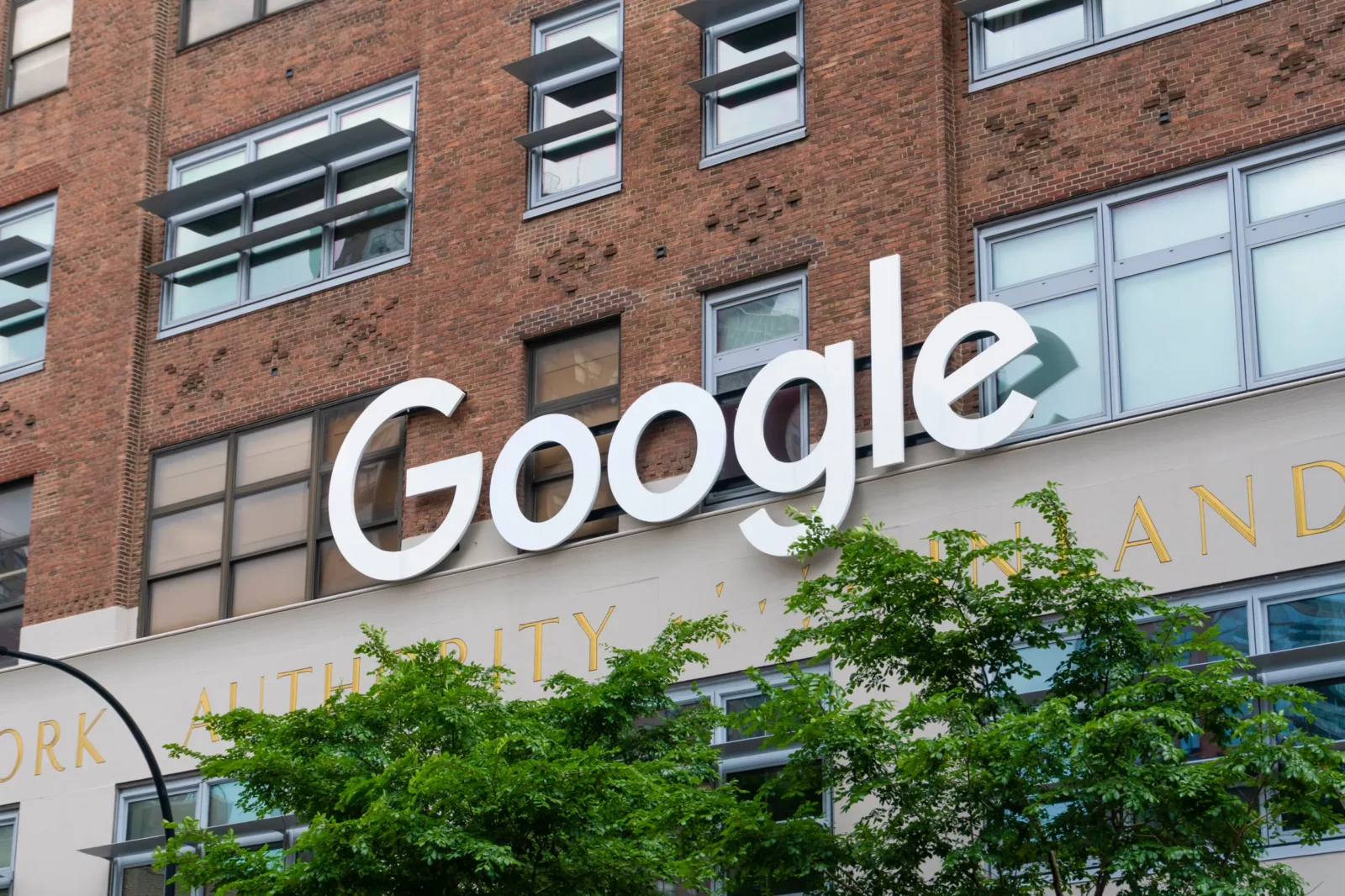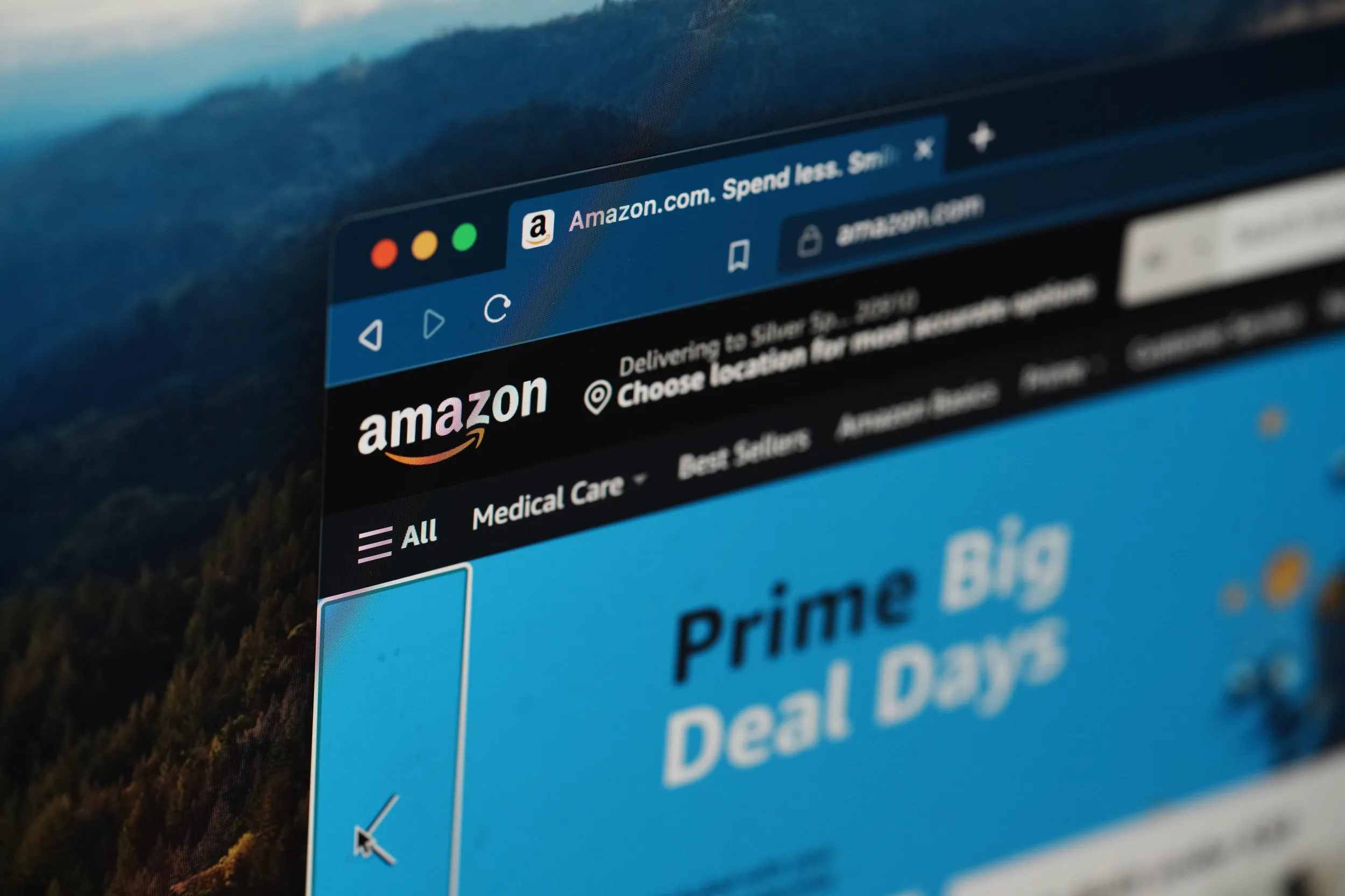Announcing Interfaces on Trial 3.0
I have completed the third volume of a history of the global legal debate concerning copyright and competition in the software industry. The debate has centered on two related issues. First, does copyright protect the elements of computer programs necessary to achieve interoperability? Second, to the extent that those elements are unprotectable, can copyright law nevertheless prevent the copying incidental to uncovering those unprotectable elements?
The first volume, written with Masanobu Katoh, was published by Westview Press in 1995. You can download a copy of Interfaces on Trial: Intellectual Property and Interoperability on the Global Software Industry for free here.
The second volume, also written with Masanobu Katoh, was published by MIT Press in 2011. It covers the developments in this field between 1995 and 2010. You can download a copy of Interfaces on Trial 2.0 for free from: http://mitpress.mit.edu/band.
The third volume, Interfaces on Trial 3.0: Oracle America v. Google and Beyond, picks off where the Interfaces on Trial 2.0 left off, focusing in particular on the Oracle America v. Google litigation concerning Google’s copying of certain elements of the Java Application Program Interface (API). This litigation, initiated by Oracle in 2010, is still ongoing. However, there now is a break in the action as Oracle appeals the 2016 fair use jury verdict to the U.S. Court of Appeals for the Federal Circuit (CAFC). Because the CAFC may not issue a ruling until 2018, it made sense to me to release this volume now, and update it as the case progresses. You can download a copy here. Much of the volume’s description of the case’s twists and turns is based on blog posts I’ve written for the Disruptive Competition Project (most recently here).
After discussing Oracle America v. Google, Interfaces on Trial 3.0 reviews other U.S. judicial decisions touching on interoperability, mainly relating to section 1201 of the DMCA. The volume then examines the interoperability-related exemptions granted (and rejected) by the Librarian of Congress in the section 1201 rulemaking. Finally, the volume looks at international developments, most notably the Court of Justice of the European Union’s 2012 decision in SAS Institute v. World Programming.
Although I attempt to present these contentious issues in a balanced manner, the reader should be forewarned that I am hardly an objective observer in this debate. Rather, I have devoted significant time and energy over almost 30 years to advocating the views of interoperable developers. I believe that the triumph of interoperability will benefit both the information-technology industry and computer users around the world.








